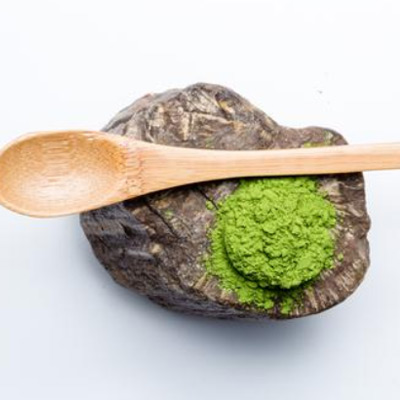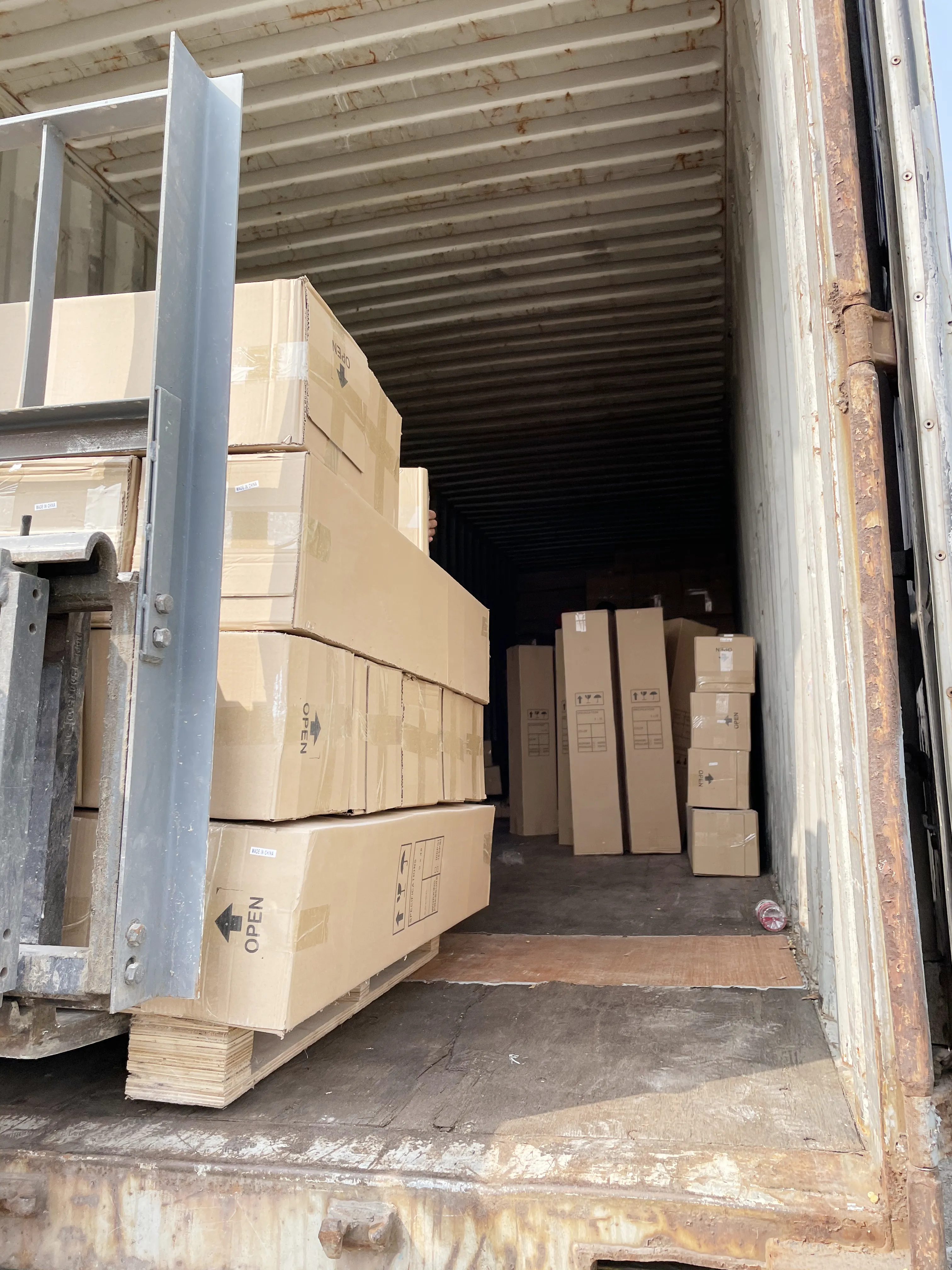loading...
- No. 9, Xingyuan South Street, Dongwaihuan Road, Zaoqiang County, Hengshui, Hebei, China
- admin@zjcomposites.com
- +86 15097380338
- Welcome to visit our website!
FRP Stair Treads - Durable Non-Slip Industrial Stair Solutions SafeStepFRP
- Overview of FRP Stair Solutions
- Technical Advantages Over Traditional Materials
- Performance Comparison: Leading Manufacturers
- Custom Design Configurations
- Industry-Specific Application Scenarios
- Maintenance Guidelines
- Future Trends in FRP Stair Engineering

(frp stair)
Understanding Modern FRP Stair Solutions
Fiberglass Reinforced Polymer (FRP) stairs have emerged as 25% lighter and 3x more corrosion-resistant than traditional steel alternatives. These composite systems combine polyester resins with glass fibers, delivering structural capacities exceeding 250 psi while maintaining UL fire ratings. Industrial facilities now prefer FRP stair treads for chemical resistance in environments with pH levels from 1 to 13.
Technical Advantages Over Traditional Materials
Comparative testing shows FRP stair treads outlast competitors:
- 40-year lifespan vs. 15 years for wood
- 0.12 friction coefficient (ASTM C1028) for slip resistance
- −40°F to +180°F operational range
Installation requires 60% less labor than concrete stairs, with modular components snapping into place.
Manufacturer Performance Comparison
| Brand | Product Lines | Max Load (lbs) | Price/SqFt |
|---|---|---|---|
| Fibergrate | Heavy Industrial | 500 | $38 |
| Strongwell | Commercial | 300 | $42 |
| Bedford | Custom Molded | 400 | $47 |
Customization Capabilities
Engineers can specify:
- Tread depths: 10" to 22"
- Surface textures: Diamond plate, Grit-coated
- Color options: 12 standard RAL codes
Slope adjustments up to 50° accommodate ADA compliance or industrial access needs.
Real-World Implementation Cases
Recent projects include:
- Offshore oil platform: 1,200 FRP treads with saltwater resistance
- Wastewater plant: 400 sq.yd. anti-slip staircase
- Food processing facility: USDA-compliant hygienic design
Maintenance Protocol
Annual inspection checklist:
- Check for surface cracks (>0.5mm requires repair)
- Verify fastener torque (35-40 lb-ft)
- Clean with pH-neutral detergents
Innovations in FRP Stair Engineering
Emerging technologies like nanosilica-enhanced resins boost impact resistance by 18%. Smart stairs with embedded IoT sensors now monitor structural integrity, transmitting real-time load data to facility management systems. These advancements position FRP stair treads as sustainable solutions, with 95% recyclability rates surpassing steel alternatives.

(frp stair)
FAQS on frp stair
Q: What are the advantages of using FRP stairs over traditional materials?
A: FRP stairs are lightweight, corrosion-resistant, and require minimal maintenance. They are ideal for harsh environments like industrial facilities or coastal areas. Additionally, FRP provides excellent slip resistance and durability.
Q: How do I install FRP stair treads securely?
A: FRP stair treads can be bolted, adhesively bonded, or mechanically fastened to existing structures. Ensure surfaces are clean and level before installation. Follow manufacturer guidelines for optimal safety and performance.
Q: Are FRP stair treads suitable for outdoor use?
A: Yes, FRP stair treads resist UV rays, moisture, and temperature fluctuations. Their non-corrosive properties make them perfect for outdoor applications like fire escapes, docks, or chemical plants. Regular cleaning maintains their appearance.
Q: Can FRP stair treads be customized for specific designs?
A: FRP stair treads are available in various sizes, colors, and textures. Custom shapes and anti-slip patterns can be fabricated to meet safety or aesthetic requirements. Consult suppliers for project-specific solutions.
Q: How do FRP stair treads enhance workplace safety?
A: FRP treads feature slip-resistant surfaces even when wet, reducing accident risks. They are also non-conductive and fire-retardant, ideal for electrical or high-heat environments. Their bright colors improve visibility in low-light areas.
-
The Rise of FRP Profiles: Strong, Lightweight, and Built to LastNewsJul.14,2025
-
SMC Panel Tanks: A Modern Water Storage Solution for All EnvironmentsNewsJul.14,2025
-
GRP Grating: A Modern Solution for Safe and Durable Access SystemsNewsJul.14,2025
-
Galvanized Steel Water Tanks: Durable, Reliable, and Ready for UseNewsJul.14,2025
-
FRP Mini Mesh Grating: The Safer, Smarter Flooring SolutionNewsJul.14,2025
-
Exploring FRP Vessels: Durable Solutions for Modern Fluid HandlingNewsJul.14,2025
-
GRP Structures: The Future of Lightweight, High-Performance EngineeringNewsJun.20,2025
